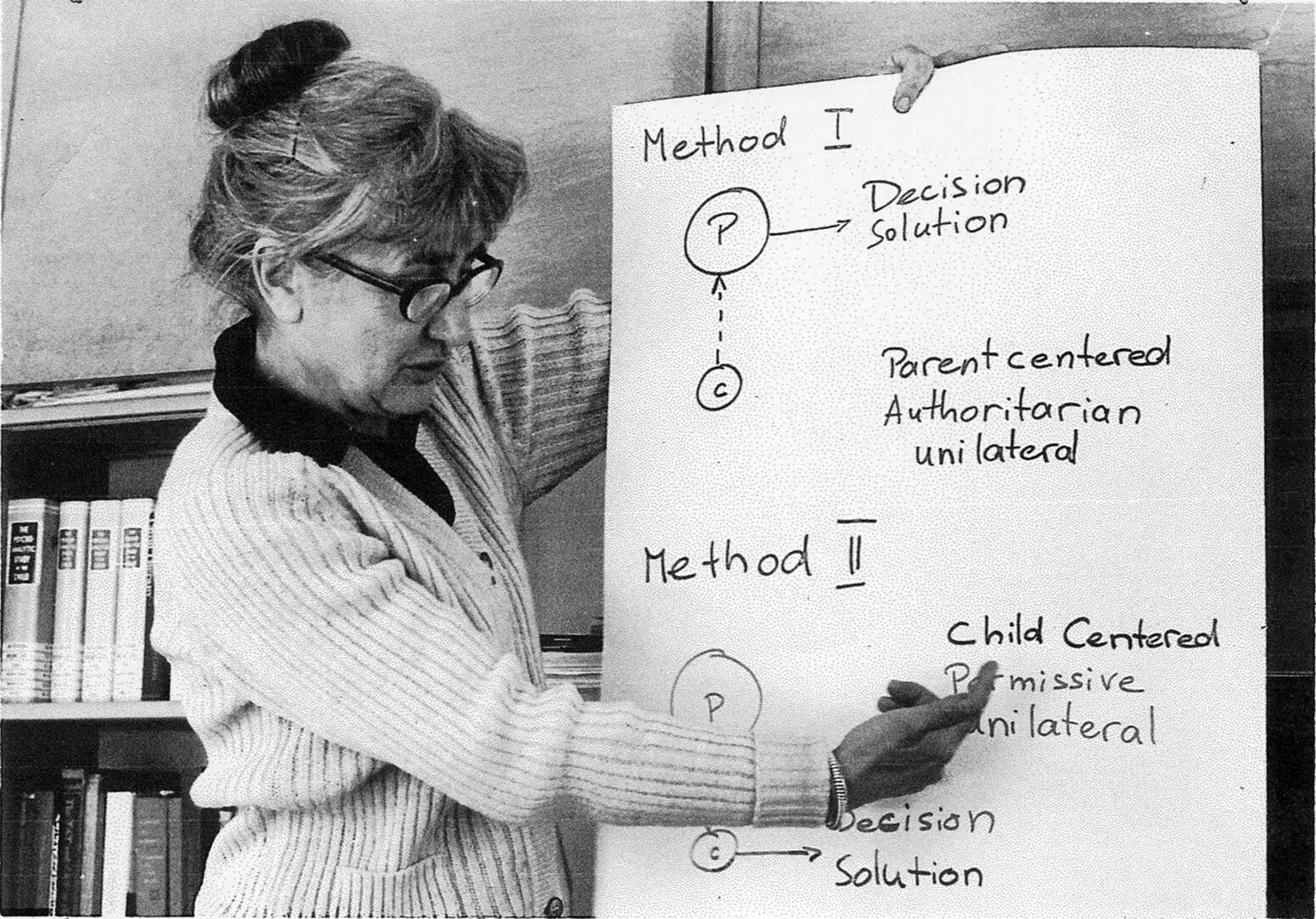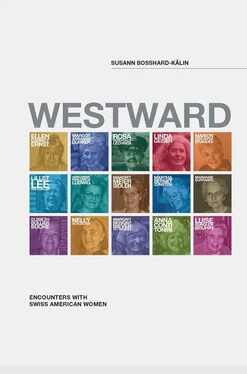Leo Schelbert - Westward
Здесь есть возможность читать онлайн «Leo Schelbert - Westward» — ознакомительный отрывок электронной книги совершенно бесплатно, а после прочтения отрывка купить полную версию. В некоторых случаях можно слушать аудио, скачать через торрент в формате fb2 и присутствует краткое содержание. Жанр: unrecognised, на английском языке. Описание произведения, (предисловие) а так же отзывы посетителей доступны на портале библиотеки ЛибКат.
- Название:Westward
- Автор:
- Жанр:
- Год:неизвестен
- ISBN:нет данных
- Рейтинг книги:3 / 5. Голосов: 1
-
Избранное:Добавить в избранное
- Отзывы:
-
Ваша оценка:
- 60
- 1
- 2
- 3
- 4
- 5
Westward: краткое содержание, описание и аннотация
Предлагаем к чтению аннотацию, описание, краткое содержание или предисловие (зависит от того, что написал сам автор книги «Westward»). Если вы не нашли необходимую информацию о книге — напишите в комментариях, мы постараемся отыскать её.
Westward — читать онлайн ознакомительный отрывок
Ниже представлен текст книги, разбитый по страницам. Система сохранения места последней прочитанной страницы, позволяет с удобством читать онлайн бесплатно книгу «Westward», без необходимости каждый раз заново искать на чём Вы остановились. Поставьте закладку, и сможете в любой момент перейти на страницу, на которой закончили чтение.
Интервал:
Закладка:

“I was one of the first hospital teachers in the United States, and in our team I had equal status with psychologists and psychiatrists.”
Then Ellen started feeling a great thirst for knowledge. She went back to school and became an American citizen “so that later I would be able to work as a teacher.” As an American with a bachelor’s degree, which she had earned at a black college, she obtained a position at a hospital for children with mental illnesses. “I worked especially with autistic children; I was one of the first hospital teachers in the United States, and in our team I had equal status with psychologists and psychiatrists – this was totally new at that time.” She continued to take courses and earned a Masters degree in special education in 1962.
Yet she continued to be involved in her community. “At Christmas we used to invite foreign students from various universities, mostly blacks. That’s how I met David, an economist, who had grown up in Sierra Leone, taught math in America and subsequently worked at the UN Planning Institute in Senegal as well as in posts in the Caribbean and in East Africa. While in the US he used to spend Christmas holidays with us.”
When Ellen became ever more independent and earned more money than her husband, he had had enough. “I was too lively for him because I wanted to experience more of life. As visionary as Howard basically was – in his relationship with me he was not open-minded. He did not like the ways in which I had developed and that I paid for our children’s college education and our vacations.”
They decided to divorce. Howard stayed in the community. And Ellen opened a private practice as family therapist in Paoli near Philadelphia. “I was successful. Once almost half of the Philadelphia Symphony Orchestra came to my practice. I made good money.” And: “America gave me a second life, and my heart lived again – both in the literal and figurative sense.”
David Carney’s wife died, and Ellen visited the widower in 1977 in Dakar where he worked for the UN. “In 1978, the year of my divorce, I married David. My mother got along well with him but said ‘if only he were not all that black…’ One of the first things my husband taught me was not to be so nosy. ‘White people are nosy. Don’t ask so many questions!’”
Years with David in Africa followed – an adventurous and fascinating period in several UN missions. “We were in Burkina-Faso, Cameroon, Chad before the civil war. Everywhere I felt at home. Often I came to places where people had never seen a white person. I had to learn that their uneasiness in my presence was not directed at me personally but was simply a result of this unusual experience. Already at age 16 my hair had turned white, though not as white as it is today. This had to do with my illness.”
For many years Africa was Ellen’s home. “After some time in Maroua, in northern Cameroon, I realized that tourists did not find anything to take back to their children. Thus I began to make toys from shreds of cloth that were not sold on the market. Together with tailors – all men – I created animals, giraffes, elephants, Kasperli puppets as well as greetings cards decorated with cloth. As time went by, we were able to hire five to six tailors who sewed the toys. A Dutch organization handled the sales. I was simply spontaneously creative.”
In 1984 David retired. “We didn’t know where we should live. In his house in Sag Harbor certainly just for a time – but then we stayed forever!” Ellen resumed her creative crafts: “I began with patchwork and quilts, sewed pillows and vests. A neighbor provided me with cloth samples and covers, which she fished out of the containers of various interior decorators in Manhattan. My creations were sold in a store in Sag Harbor and even in some art galleries – until patchwork became very fashionable. Then I stopped. Later I described the memories of my Swiss childhood in a book that I also illustrated.”
Today Ellen no longer likes to cook. “Often we eat at the Senior Center where one can get a lunch for $2.50. You have to be at least 55 to go there. At the beginning people there didn’t like me, I probably used too many foreign words. But in time they accepted us. Recently I edited a book about the people who frequent the center. They come from Poland, Germany, Ireland – it is a multi-cultural project about mostly simple, but interesting people who have so much to tell if you take the time to listen to them. Everyone has his or her own story to tell. There are so many people here who experienced a lot. Americans are often more profound than we think. They are easygoing. As a nation they think that they are powerful – but as individuals they are sensitive, more sensitive than the Swiss, I think.”
Then once more, Ellen looks back farther in her past. “When I arrived in America, the women here seemed different from those in Switzerland. They did what they wanted, were more independent. But they did not have much power. And it seemed they had only little political interest. In America political topics were not publicly discussed. That was somehow taboo at any rate among the people with whom we lived. This only changed in the 1960s.”
Ellen is tired. “My lava flows more slowly – though I really was a volcano. I never felt fear. My life probably was somewhat more colorful than the lives of others. Life is a spider’s web. Events surface which I had not considered for a long time. Thus there is sufficient material for me to digest. I have no regrets. Of course, there are things that I could have done better. But at the time I did the best I could, I did what I felt was right and necessary.”
Does she feel her age? “Yes. David and I are old. We only travel in our minds nowadays. Many of our friends are living in senior’s residences. For David, that would not be good. He wants to stay where his books are, he would not be able to part with them. He writes much, philosophical books and political letters to the editor of the local newspapers. The corruption in his home country worries him, yet from a distance he sees the difficulties there a bit less. Africans have a dense social network, here and throughout the world, this is good. David is highly educated and wise. And I like living with him.
“I don’t have any great dreams anymore. All is well as it is. Strange, isn’t it? Many people say ‘If only I had… but I couldn’t.’ The last time I was in Switzerland five years ago I thought that I would have become a mediocre woman, a Bünzli woman if I had spent my life there. Perhaps my life would have revolved around food and vacations. And perhaps I would have died of my illness much sooner. I feel that in Switzerland I would not have had all the opportunities I had here in America.
“Would I have married with my heart problems? I am sure I would not have dared to have children. And I would never have gotten into the circles I did if I had not studied. Thanks to my emigration I experienced a second birth.
“Here in America people deal with life in simpler, more easy going ways. For me Switzerland was traditional and predictable way back then. Today it may be different. But in my time – everything had its fixed routine.
“When I talk about Switzerland I always say ‘at home.’ Even today I like to make Rösti [sort of hash browns] and Birchermüesli . My daughter Hester says that I am still very much connected to Switzerland even though I have lived in foreign countries for 60 years.
“I have little contact with Swiss people here. But every day I am reading the Tages Anzeiger and the Neue Zürcher Zeitung online. Both Fred and Hester are proud of their Swiss heritage. Both are American citizens but speak Swiss dialect. Fred studied at the University in Basel and is active in Swiss-American events; and he is good at Jass , a Swiss card game that my father taught them. Probably it is the first years of life and one’s mother tongue that shape our sense of ‘home’. Everything else is just sauce for the roast.”
Читать дальшеИнтервал:
Закладка:
Похожие книги на «Westward»
Представляем Вашему вниманию похожие книги на «Westward» списком для выбора. Мы отобрали схожую по названию и смыслу литературу в надежде предоставить читателям больше вариантов отыскать новые, интересные, ещё непрочитанные произведения.
Обсуждение, отзывы о книге «Westward» и просто собственные мнения читателей. Оставьте ваши комментарии, напишите, что Вы думаете о произведении, его смысле или главных героях. Укажите что конкретно понравилось, а что нет, и почему Вы так считаете.












